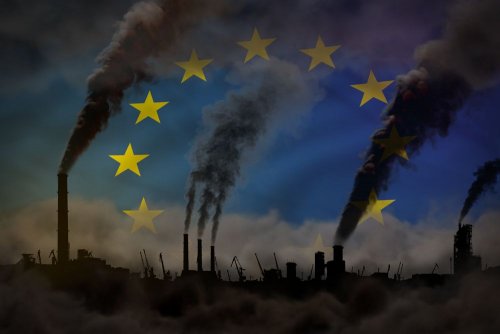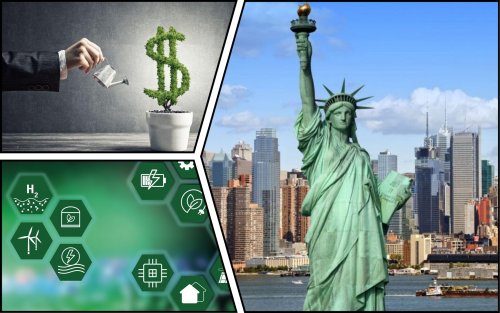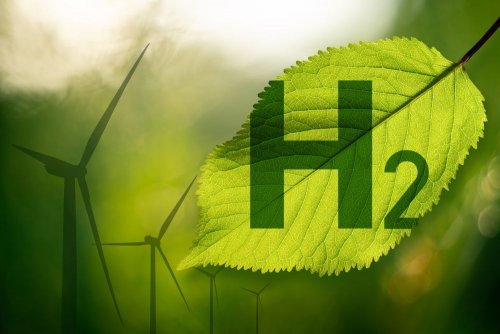The German government could “derail” the European Green Deal by trying to allow the sale of electric-powered internal combustion engine cars after 2035.
Germany is pushing the European Commission to put forward a proposal to allow the sale of new cars that run exclusively on electric fuel, Bloomberg reports.
As you know, electric fuel is a new type of synthetic fuel produced using electricity from renewable sources, in particular from carbon captured from the atmosphere.
According to Pascal Kanfin, who chairs the environmental committee of the European Parliament, it is "unacceptable" for Germany to violate the agreement on the gradual cessation of emissions in the automotive sector. According to him, lawmakers will reject any attempt to renew this agreement because of pressure from Germany to include the so-called electric fuel.
"We cannot accept that this text becomes a hostage of a part of the German government," Kanfin said. "We hope that the chancellor will not go down in history as the one who would destroy the green deal."
It is noted that, according to critics, this desire of Germany is due to the poor results of the party of Transport Minister Volker Wissing FDP.
The article emphasized that according to opponents of electric fuel, it is a waste of renewable energy. It should be saved for sectors that are more difficult to decarbonize. In addition, it emits carbon dioxide during use. Proponents say it's essentially renewable electricity that's been converted into a liquid fuel.
The article added that German Federal Chancellor Olaf Scholz and European Commission President Ursula von der Leyen promised to continue discussions, and Scholz expressed optimism that a solution would be found. The vote, which was supposed to take place on Tuesday, March 7, to approve the regulations, has now been postponed indefinitely.
Canfin stressed that any proposal would have to be made outside the rules to phase out new vehicles with internal combustion engines or be subject to a review in 2026. He added that, according to the head of the EU on climate issues, Frans Timmermans, the European Parliament will not allow the reopening of the agreement.
Kanfin noted that the European Commission may decide to provide more detailed information on the schedule for the implementation of provisions on electric fuel, which are already included in the regulation.
Earlier, EcoPolitic wrote, that the European Parliament approved new targets for reducing carbon emissions for new passenger cars and light commercial vehicles, which are part of the "Fit for 55" package. The ban on new cars with internal combustion engines should start from 2035.
As EcoPolitic previously reported, in Germany, the heads of electric transport companies warn that the rapid rise in electricity prices threatens the future of electric vehicles.





